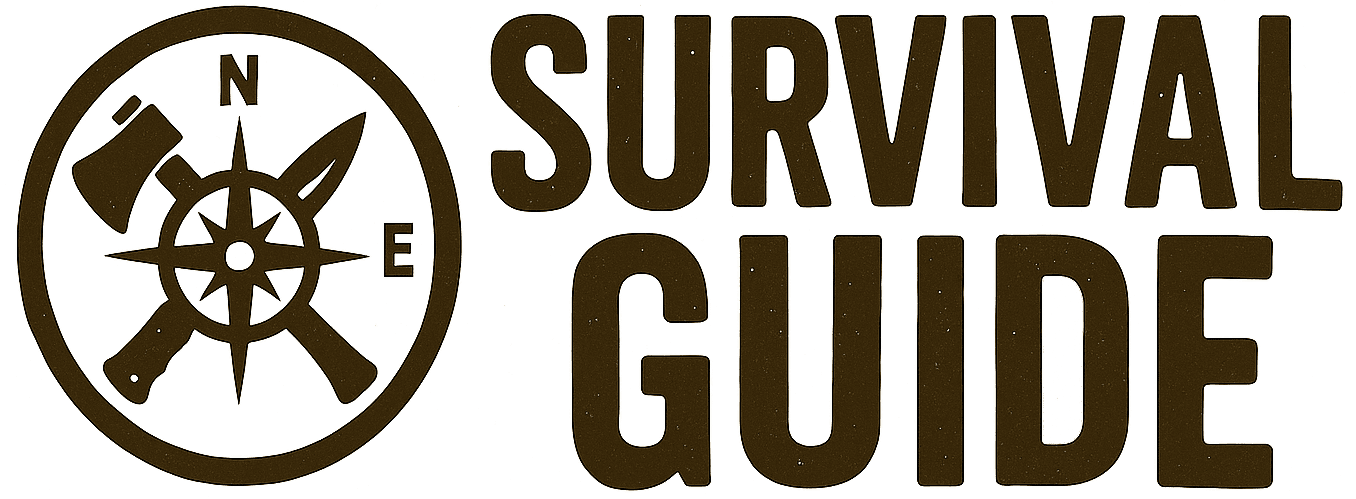When the lights go out and the world slips into chaos, the rules change overnight. Police won’t be coming. Neighbours turn desperate. Supplies become targets. Survival isn’t just about food and fire anymore — it’s about defence.
For preppers, self-defense isn’t aggression. It’s survival. Whether you’re sheltering in place or moving through the shadows, you need to be ready to protect your family, your gear, and yourself when the thin veil of order rips away.
Why Preppers Must Master Self‑Defense
When society falters, human threats rise faster than hunger or cold:
- Looters will target homes and camps.
- Desperation drives people to violence.
- You may need to defend while injured, exhausted, or outnumbered.
- Your supplies — food, water, medicine — will make you a mark.
Being prepared means being capable of repelling threats without hesitation, using skill, strategy, and the right tools.
Layers of Self‑Defense for Preppers
1. Situational Awareness – The First Weapon
The best fight is the one you avoid. Train your instincts:
- Keep your head up and eyes scanning.
- Learn to spot unusual movement, sounds, and shadows.
- Identify exits and cover wherever you are.
- Avoid becoming predictable — vary routines and routes.
2. Unarmed Self‑Defense
Even the best preppers can be caught without weapons. Learn core techniques:
- Strikes: Palm strikes, elbow shots, and low kicks are simple and powerful.
- Escapes: Practice breaking free from grabs and holds.
- Ground Defence: Learn how to create space and regain footing if knocked down.
- Focus on disabling and escaping, not street fighting.
3. Improvised & Non-Lethal Weapons
When firearms aren’t available or legal, you can still arm yourself:
- Tactical flashlight: Blinds and disorients attackers.
- Walking stick or baton: Doubles as a mobility tool and defensive weapon.
- Everyday objects: Belt, keys, even a sturdy pen can save your life.
- Pepper spray (where legal) buys you time to escape.
4. Firearms & Legal Weapons
If you choose firearms, preparation is key:
- Train extensively — panic and inexperience get people killed.
- Store ammunition securely but accessibly.
- Know your local laws and restrictions, even in crisis.
- Always pair firearms with non-lethal options.
5. Securing Your Shelter
Defence isn’t just about combat — it’s about prevention:
- Reinforce doors and windows with bars or braces.
- Set up early warning systems (dogs, tripwires, noise traps).
- Use lighting to your advantage — darkness hides you, spotlights expose intruders.
- Never store all supplies in one spot; diversify your cache.
Mental Preparedness – The Deciding Factor
Self-defense isn’t just physical; it’s mental. When fear takes over, skills vanish. Train yourself to:
- Stay calm and assess before acting.
- Rehearse scenarios mentally and physically.
- Accept that hesitation can cost lives — but unnecessary violence can, too.
Gideon’s Survival Self‑Defense Checklist
- Stay unseen – avoidance beats confrontation.
- Train unarmed basics – don’t rely solely on gear.
- Carry layered tools – flashlight, pepper spray, blade, and (if legal) firearm.
- Reinforce your home or bug-out shelter.
- Practise under stress – adrenaline changes everything.
Final Word
In a world where systems collapse and desperation spreads, defence becomes survival. You don’t need to be a soldier or a martial arts master — but you must be prepared to fight, evade, and survive. Because when society’s rules burn out, only the prepared stand their ground.

